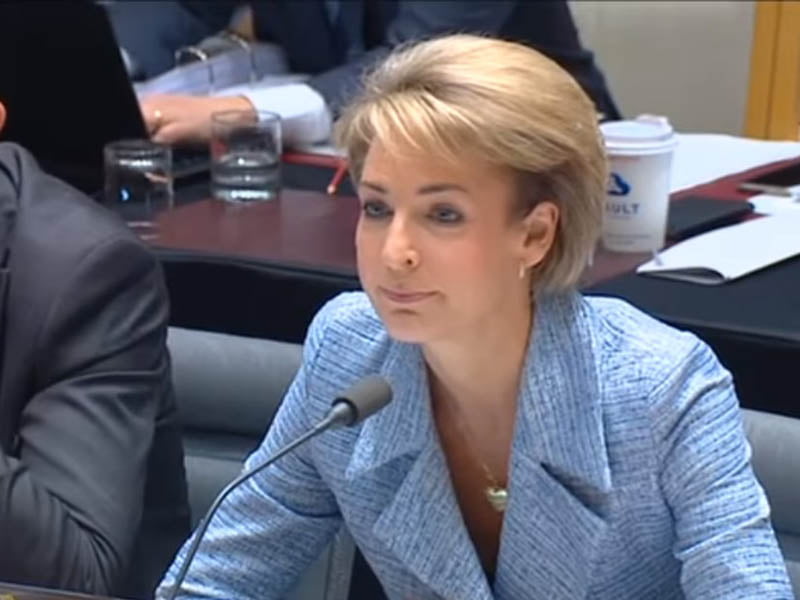The federal government will provide just $26 million over four years to establish Australia’s first national space agency, despite high-profile industry leaders saying it would need at least double this annually to operate effectively.
The federal budget, handed down on Tuesday night in Canberra by Treasurer Scott Morrison, officially confirmed the funding for the agency, which would “coordinate domestic space activities for Australia”, along with a further $15 million over three years to partner with international space agencies.
But the federal budget provided little detail on the space agency, how it would function or where it would be based.

The government confirmed in October last year that it would launch a national space agency, with the Opposition announcing the same policy on the same day. An expert review panel delivered its report to government on the space sector in March, with the document expected to guide the agency’s implementation.
Despite reports last week that the agency would be provided with $50 million in “seed funding”, just $26 million will be invested across four years to establish the organisation.
A further $15 million would go towards the International Space Investment project, which would deliver grants to “strategic space projects that generate employment and business opportunities for Australians”.
“Space technologies are not just about taking people to the moon, they underpin the long-term competitiveness of many other industries, including communication, agriculture, mining, oil and gas,” Innovation Minister Michaelia Cash said.
In the budget, the government touted a $300 million investment in the space industry, but the vast majority of this – $260 million – has been earmarked for satellite infrastructure and GPS technologies.
The comparably small amount of funding given to the national space agency may disappoint the burgeoning local sector, with many hoping the support would be significantly higher.
It is now expected that the private sector would provide the vast majority of funding for the agency’s operations.
With the space agency announced last year, expectations have been high in the local space sector that the budget would deliver a strong commitment to the body and the industry.
But there have also been concerns that the agency would not receive the funds necessary to properly turbocharge the industry and allow local startups to compete on the world stage.
InnovationAus.com understands government discussions on the funding question ranged from $7 million to $100 million, with the figure settling on the lower end of the scale.
Delta-V Space Alliance founder Tim Parsons said before the budget that funding of less than $50 million annually would inhibit the agency’s ability to act effectively.
“It would mean that our ability to really engage in a material way is limited, our ability to co-invest will be limited and we’re going to be doing that at the very small end exclusively. It’ll have an observer status rather than being an active participant,” Mr Parsons told InnovationAus.com.
Gilmour Space director and co-founder James Gilmour also recently said that the space agency should receive at least $100 million to guide its establishment, with an annual operating budget of at least $20 million.
“There needs to be a good level of funding to support staff, public-private technology projects and collaboration with other space technology partners,” Mr Gilmour told InnovationAus.com.
An Australian Strategic Policy Institute report earlier this year found that while Australia has a “huge window of opportunity” in the space sector, success will ride on whether it receives adequate funding.
“The success of the agency will depend on what it’s required to achieve and its level of funding. The announcement needs to be backed up by strong government commitment in the agency’s charter and funding,” the ASPI report said.
“If the substance is not there to back the government’s rhetoric, there’s a strong risk that this latest attempt to kickstart Australia’s greater participation in space will fall flat,” it said.
The federal opposition has previously said it would allocate $13 million for the establishment of the national space agency, along with an additional $18.5 million in funding for four Australian Research Council Space Industry Research Hubs and a Space Industry Innovation Council to act as an advisory board for the agency.
Do you know more? Contact James Riley via Email.

